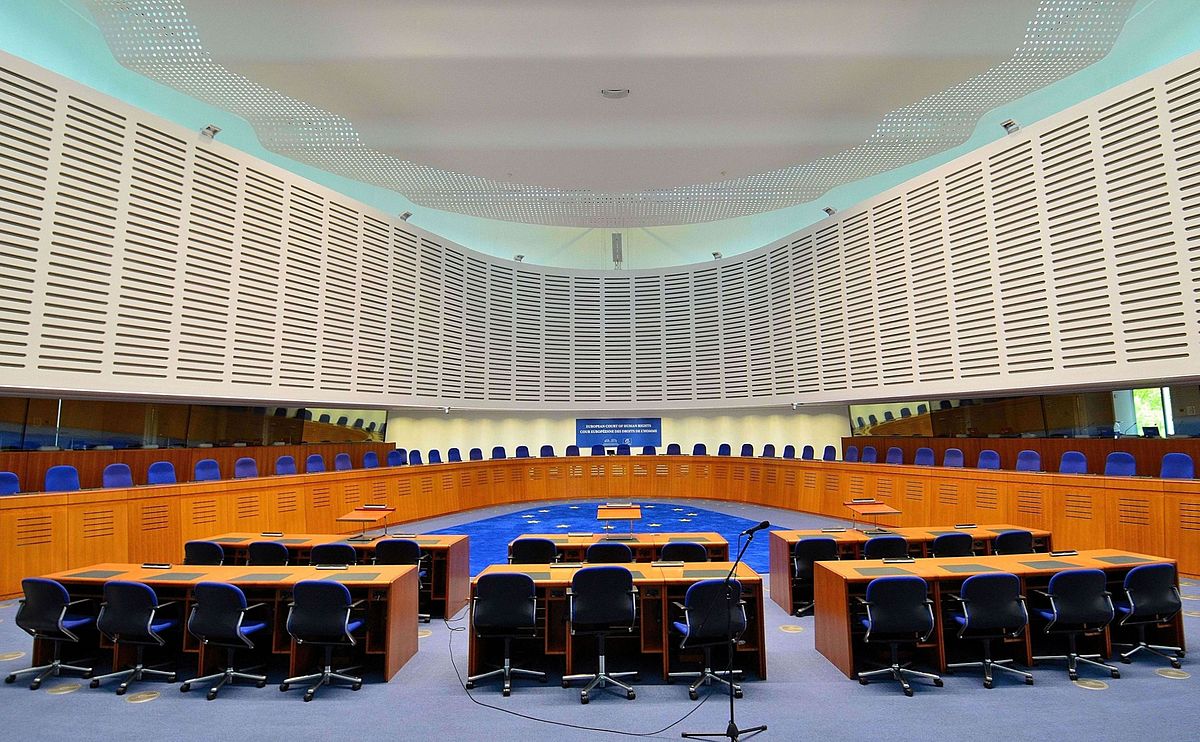European Court of Human Rights: Judgments against Italy concerning failure to enforce final judgments - Article 6 ECHR

Table of Contents
- Immobiliare Podere Trieste S.r.l. V. Italy (15/12/2022)
- De Vincenzo V. Italy (15/12/2022)
Immobiliare Podere Trieste S.r.l. V. Italy
The applicant, Immobiliare Podere Trieste S.r.l., an Italian company, lodged an application (n. 48039/12, judgement of 13 January 2022) with the European Court of Human Rights on 9 July 2012 under Article 34 of the Convention. It complained of the non-enforcement of a 2010 Rome Court judgment ordering the Municipality of Rome to pay over EUR 40 million in damages and EUR 143,865.42 in procedural costs. While the damages were later addressed in a separate just satisfaction judgment, the applicant maintained its claim concerning the unpaid procedural costs, invoking Article 6.1 and Article 1 of Protocol No. 1 of the ECHR.
The Italian Government raised two objections: first, that the applicant had lost its victim status under Article 34 since the EUR 20,000 awarded in the prior just satisfaction judgment covered the procedural costs; and second, that domestic remedies had not been exhausted due to ongoing proceedings for interest recovery. The applicant countered that it no longer sought damages already satisfied but maintained its distinct claim for unpaid procedural costs.
The Court dismissed both of the Government’s objections. It held that the applicant retained victim status since the Rome Court of Appeal upheld the enforceability of the procedural costs, which had not been fully compensated. It also found that the pending domestic action related to interest on a different judgment and did not affect the present claim.
Declaring the application admissible, the Court found a violation of Article 6.1 and Article 1 of Protocol No. 1 of the ECHR due to Italy’s failure to enforce a final domestic judgment. It awarded the applicant EUR 201,987.03 for material damage (covering procedural costs and charges) and EUR 6,700 for non-material damage, rejecting claims for legal expenses due to insufficient proof. The sums were to be paid within three months, after which default interest would accumulate.
De Vincenzo V. Italy
In the case of De Vincenzo v. Italy (24085/11, judgment of 15 December 2022), the applicant alleged a violation of her rights under Articles 6.1 ECHR and 1 of Protocol No. 1 to the ECHR (right to property). The applicant argued that the Italian authorities failed to execute, or executed with delay, a final domestic judicial decision presented in her favour, thereby depriving her of the effective enjoyment of her right to access a court and her property rights. She further invoked Articles 1 and 13 of the ECHR, claiming an absence of effective remedies and a breach of her procedural and substantive rights.
The Italian Government raised objections. First, it argued non-exhaustion of domestic remedies, asserting that enforcement proceedings were still ongoing. Second, the Government alleged abuse of the right of application, contending that the applicant failed to disclose that the domestic decision had ultimately been executed. Third, the Government claimed that the applicant had lost her status as a “victim” under Article 34 of the ECHR, as she had received statutory interest and monetary revaluation.
The Court unanimously declared the application admissible. The Court reaffirmed that the execution of a final judicial decision is an essential component of the right to a fair trial, as enshrined in Article 6.1 of the ECHR. Citing its established jurisprudence, the Court found that the Italian authorities failed to take timely and adequate measures to ensure the enforcement of the domestic decision in favour of the applicant. The judicial decision had remained unenforced for more than eleven years, significantly undermining the applicant’s rights. The Court concluded that this prolonged delay constituted a violation of both Article 6.1 and Article 1 of Protocol No. 1 of the ECHR. The ECtHR considered it unnecessary to separately examine the alleged violations under Articles 1 and 13 of the ECHR. Under Article 41 of the ECHR, the Court awarded the applicant just satisfaction for the breach suffered, including pecuniary and non-pecuniary damages.

